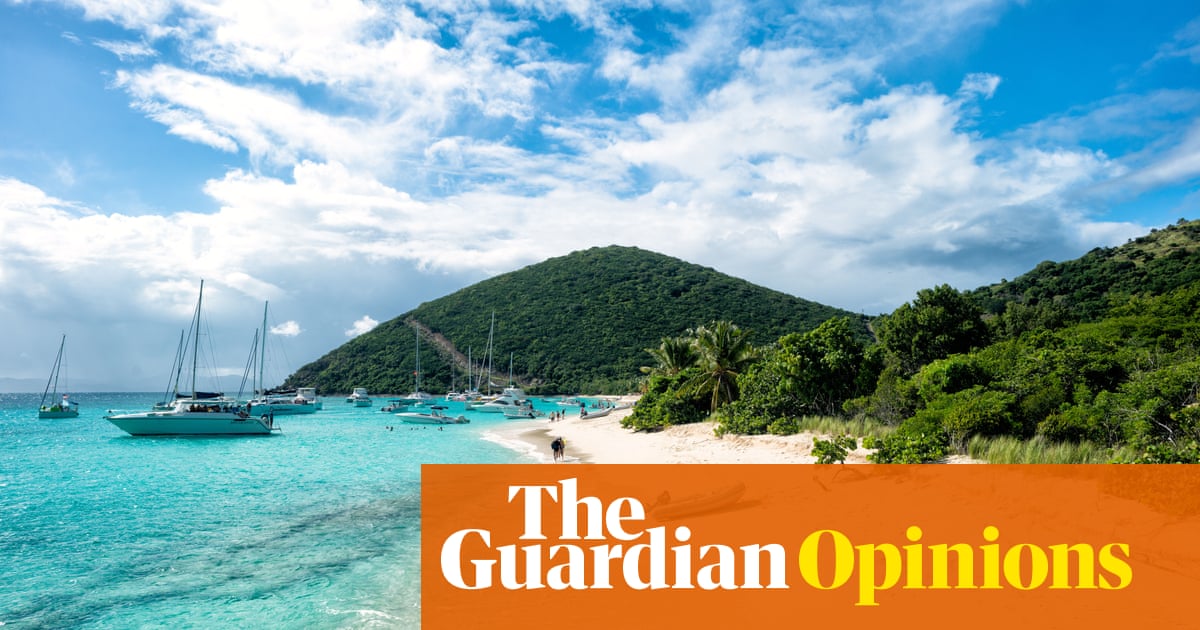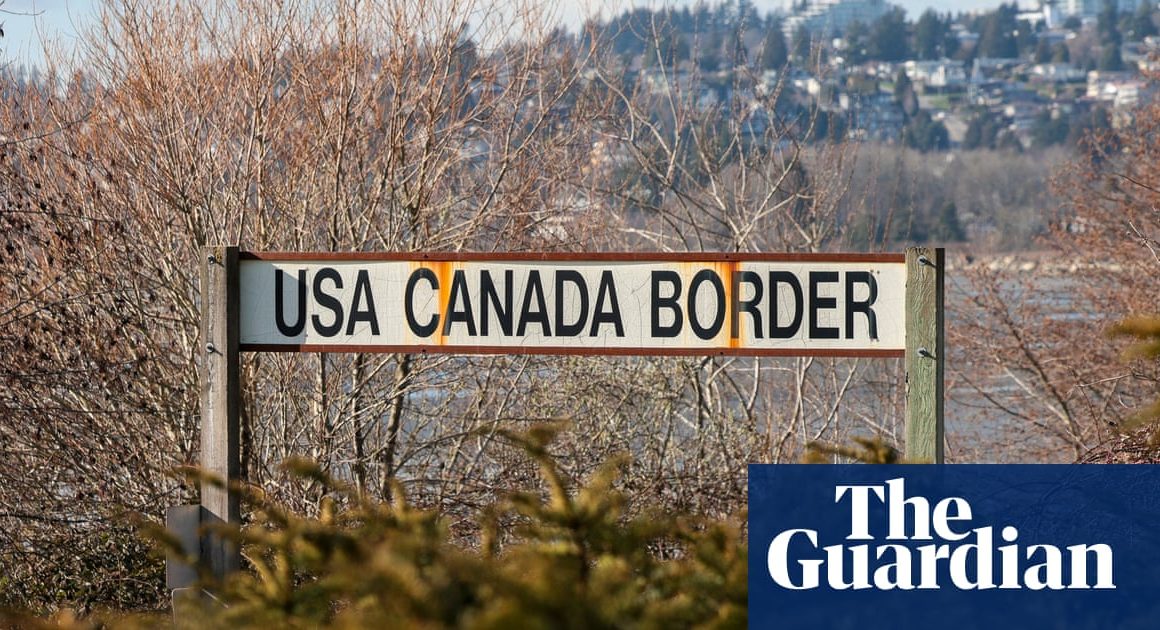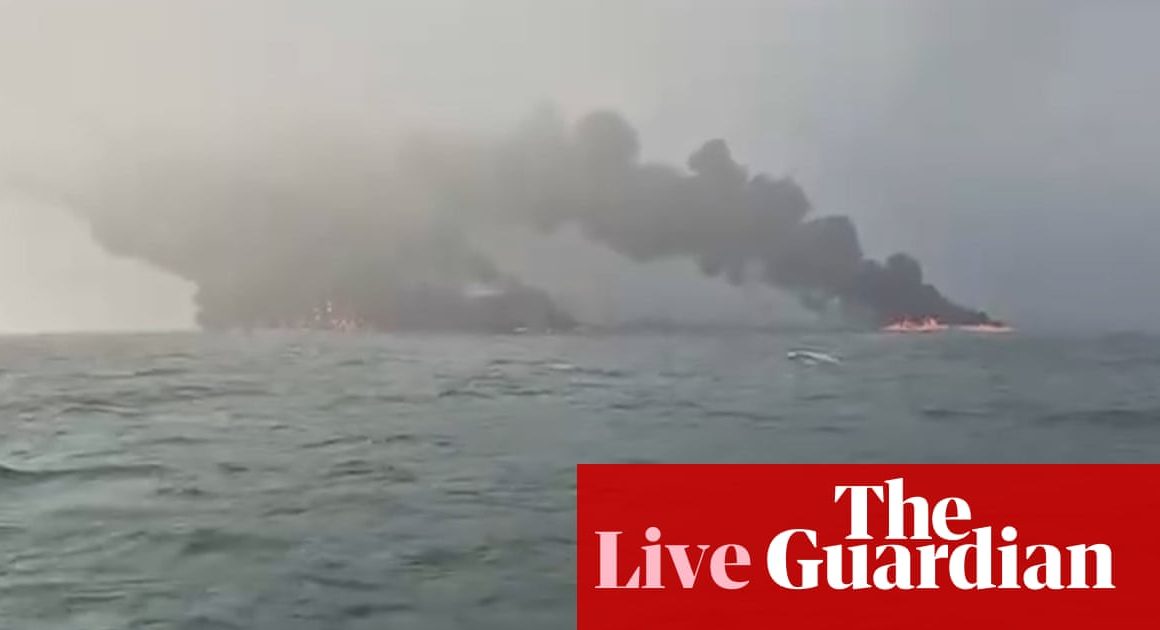Roman Abramovich had options. In 2005, the Russian government paid him $13bn for Sibneft, to buy back, at huge profit to him, the oil company he’d paid them just $250m for 10 years earlier. He used that windfall to expand his luxury property portfolio and art collection and poured money into Chelsea FC. But it was the less high-profile investments that absorbed the majority of the cash, including about 200 hedge funds with complex corporate structures almost always involving the British Virgin Islands (BVI).
An investigation by the Guardian, the Bureau of Investigative Journalism and the BBC, published last week, revealed how Abramovich may have exploited Britain’s offshore havens to funnel wealth through Cyprus to the BVI and dodge up to £1bn in UK tax. That sum exceeds even Bernie Ecclestone’s historic tax settlement.
The BVI has for years been the global destination of choice for those seeking maximum secrecy for their money, often tax dodgers and kleptocrats. The territory has featured prominently in global money-laundering investigations, including the 2016 Panama Papers leak, where half of the exposed entities were linked to it.
I lead a walking tour in my constituency of Kensington and Bayswater as part of a local campaign against dirty money. We have more than 6,000 properties owned by overseas entities, with most being from this tiny Caribbean island of just over 30,000 people. The corporate vehicle of choice is an anonymous trust, with the owners shielded entirely from the public eye despite new transparency measures introduced after the full-scale invasion of Ukraine in 2022 to try to reveal who really owns property in Britain. A recent Transparency International UK investigation found that £5.5bn of suspicious funds had entered the UK property market via BVI shell companies and trusts.
Now, new proposals from the BVI government threaten to thwart the British government’s anti-corruption goals. Instead, of increasing transparency, the BVI’s latest measures would block access to vital beneficial ownership data for journalists, civil society organisations and businesses – unless they are already party to a legal or regulatory case. This is despite the territory’s assurances at a summit with the British government last year that it would introduce registers of beneficial ownership to provide “maximum possible access and transparency” while protecting privacy. Make no mistake about it: the BVI’s suggested measures don’t protect businesses or privacy— they protect criminals.
One provision would even allow company owners to be notified not only that someone is attempting to uncover their identity, but also who is making the request and why, putting investigative journalists and anti-corruption activists at immediate risk of legal or physical intimidation. Worse still, this warning system could tip off criminals, giving them a head start to move illicit assets before enforcement agencies can act.
The BVI’s proposals are not just woefully inadequate – they make a mockery of the foreign secretary’s commitment to making the UK the anti-corruption capital of the world.
That is why a cross-party group of MPs has written to the BVI premier this week to express serious concerns about the failure to implement meaningful corporate transparency reforms. Parliament will now consider this issue as a matter of urgency on Wednesday, 5 February. If our overseas territories refuse to accept the will of parliament, we must use our powers to ensure they do.
There is a simple tool that would shine a light on the suspicious activity in the BVI and act as a deterrent to those seeking to use secrecy to avoid scrutiny. Full public registers of who owns companies are the most effective tool against illicit finance, enabling authorities to track ownership, follow the money and expose wrongdoing. If implemented, they would end decades of secrecy in these havens.
People are rightly outraged that, while ordinary taxpayers shoulder their fair share, oligarchs and kleptocrats exploit the British overseas territories to shirk their obligations – especially at a time when public finances are under immense strain. It’s time the BVI opened up their books and let the sunlight in.
Joe Powell is the MP for Kensington and Bayswater and chair of the APPG on Anti-Corruption and Responsible Tax












